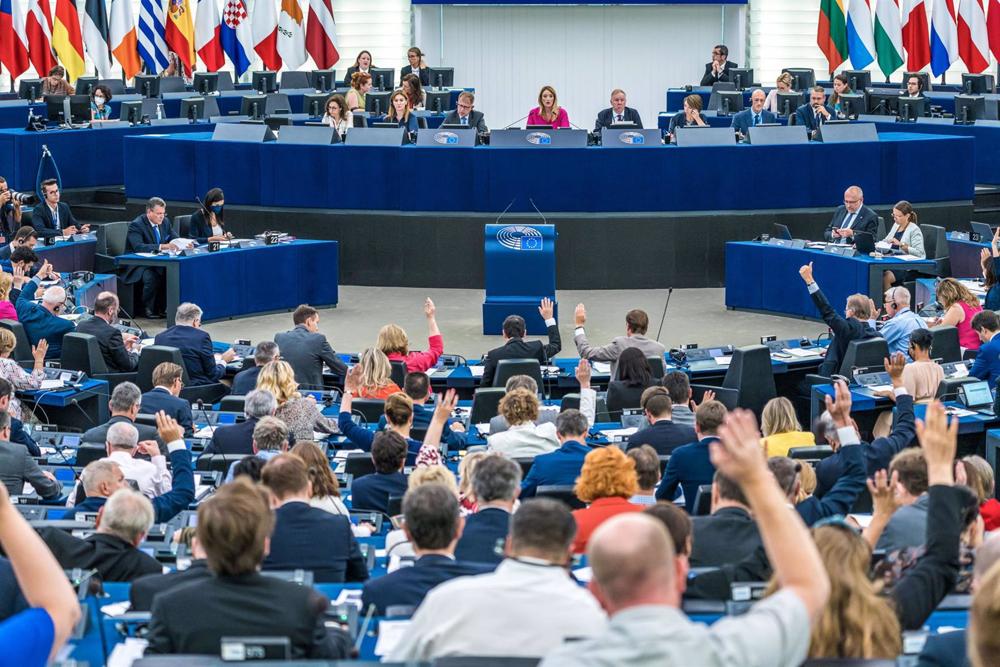
On Tuesday, the European Parliament approved new legislation for greater protection of the European Union’s critical infrastructures, which will also serve to harmonize standards and identify key sectors that will have to meet security requirements.
With 595 votes in favor, 17 against and 24 abstentions, the European Parliament has given the final approval to the agreement reached with the Twenty-seven to boost the protection of critical infrastructure in the EU with new rules that harmonize the definition of critical infrastructure, with the aim of being consistent among Member States.
The legislation increases security requirements and risk assessment for the energy, transport, financial, digital, water and food sectors, as well as health and public administration systems.
The rule comes in light of the sabotage of the Nord Stream pipeline last September. It will oblige the EU-27 to have national strategies in this area, in addition to establishing single points of contact to speed up the response to possible attacks on critical structures.






